TEHRAN (Bazaar) – Professor Paul Pillar, who was CIA intelligence analyst for 28 years, says China will continue to shape its position so that it can have productive relations both with the GCC states and with Iran.
Pillar told Bazaar news agency that if China “had wanted to come down firmly on the side of the GCC states it would have made a more strongly negative statement about Iran.”
Following is the text of the interview:
Q: During the visit of the President of China to Saudi Arabia, a comprehensive strategic cooperation agreement was signed between the two countries. What is the importance of this agreement for the two countries and what are the messages of signing it at this time?
A: What was signed was mostly a statement of intent to develop the relationship further, with the actual implementation yet to come. In this respect there is some similarity with the cooperation agreement that China signed with Iran last year. That the meeting and the agreement are coming at this time may be related both to the poor state of US-Saudi relations and to the covid-related internal difficulties in China, with this kind of foreign trip being an opportunity for Xi to demonstrate statesmanship and distract attention from what is going on inside China.
Q: From the economic aspect, what is the importance of the countries of GCC for China?
A: Clearly oil is the most important aspect of this, for China as a buyer and for Saudi Arabia and the UAE as sellers. China also sees the Gulf as a lucrative market for selling manufactured goods.
Q: Mohammed bin Salman has said at the meeting of the leaders of the Arab countries and China that this meeting will create historical progress in the relations between China and Saudi Arabia and will strengthen the relations in all fields. The countries of the GCC look forward to all kinds of partnerships and accelerated development in their relations with China. According to these statements, it seems that in the new world order, China's position is special and Saudi Arabia's relationship with China is not just to send a message to America, it has a strategic aspect. what is your opinion?
A: One cannot separate messages to America from larger strategic aspects of GCC-Chinese relations. A desire to avoid heavy dependence on the United States is a major part of the Gulf Arab overtures to China. The GCC states do not want to be firmly in the camp of any one outside power.
Q: China and Saudi Arabia issued an anti-Iranian statement and emphasized the need to strengthen joint cooperation between Beijing and Riyadh to ensure the peacefulness of Iran's nuclear program and asked Iran to cooperate with the International Atomic Energy Agency and adhere to the Nuclear Non-Proliferation Treaty. They also emphasized the importance of Iran's respect for the principles of good neighborliness and non-interference of this country in the internal affairs of the region’s countries. Can this issue affect the relationship between China and Iran?
A: China will continue to shape its position so that it can have productive relations both with the GCC states and with Iran. If it had wanted to come down firmly on the side of the GCC states it would have made a more strongly negative statement about Iran.
Q: In the meeting with the President of China, the Saudi Crown Prince mentioned Saudi Arabia's plans to achieve clean energy and said that the countries of the GCC will remain a reliable source of energy in the world. Does this mean that the energy of the region will no longer be a tool to control competitors from the United States?
A: Oil and gas will continue to be the main external tools for the GCC states. To the extent that Saudi Arabia follows through on announced plans for developing renewable energy sources (and the Saudis have lots of sunshine and lots of empty space in which to put solar panels) in the next few years, this will be mostly for the sake of domestic consumption, leaving more oil and gas remaining for export.

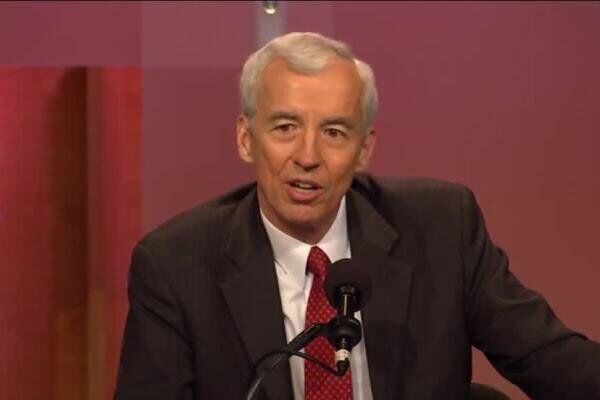




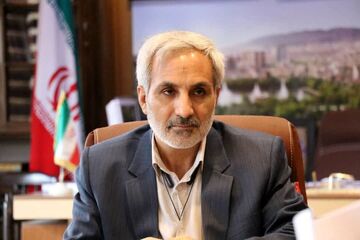



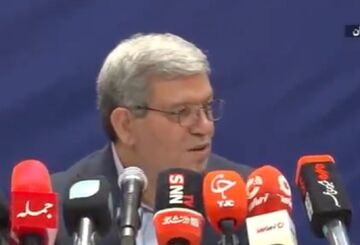


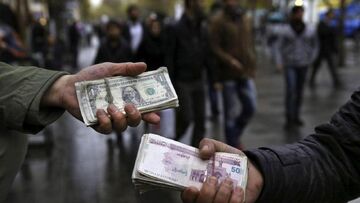

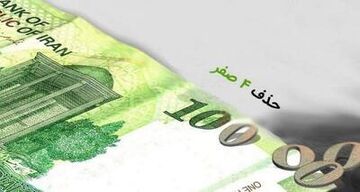
نظر شما